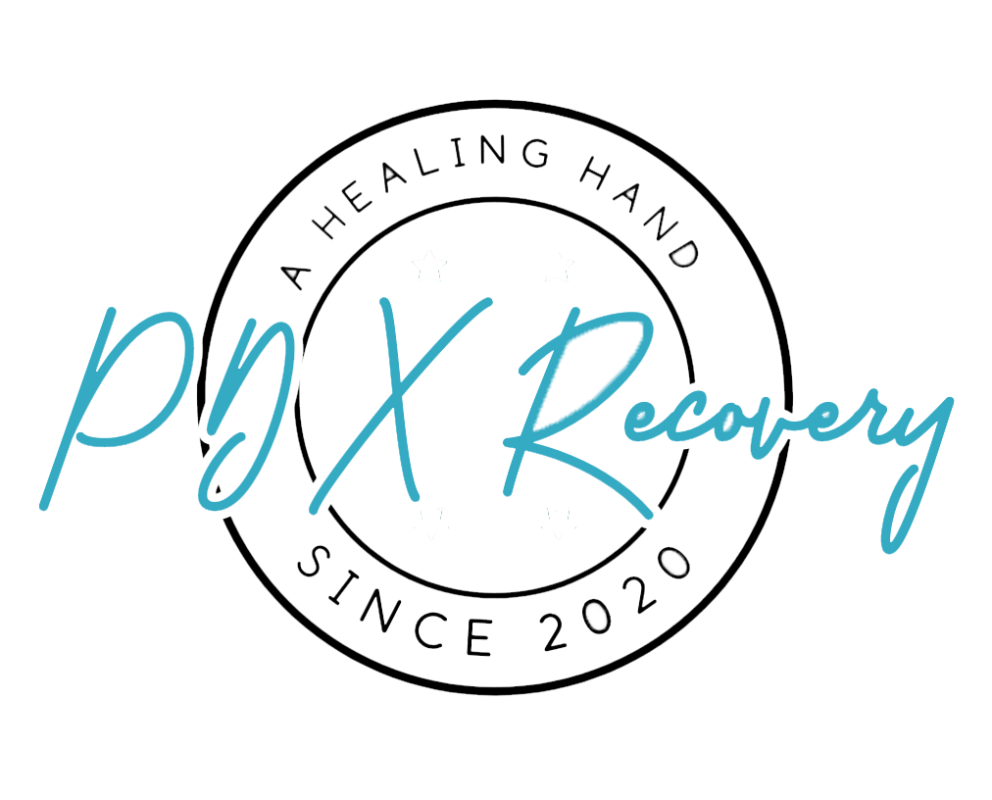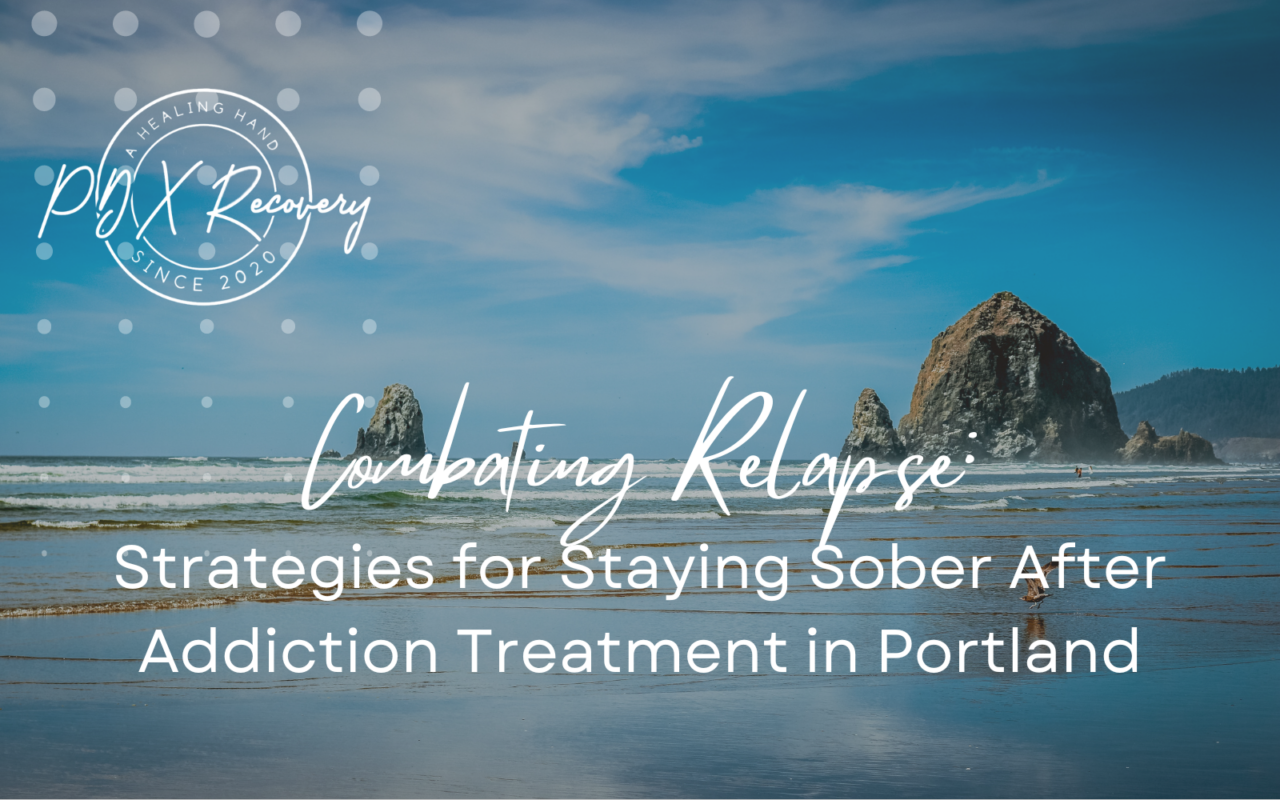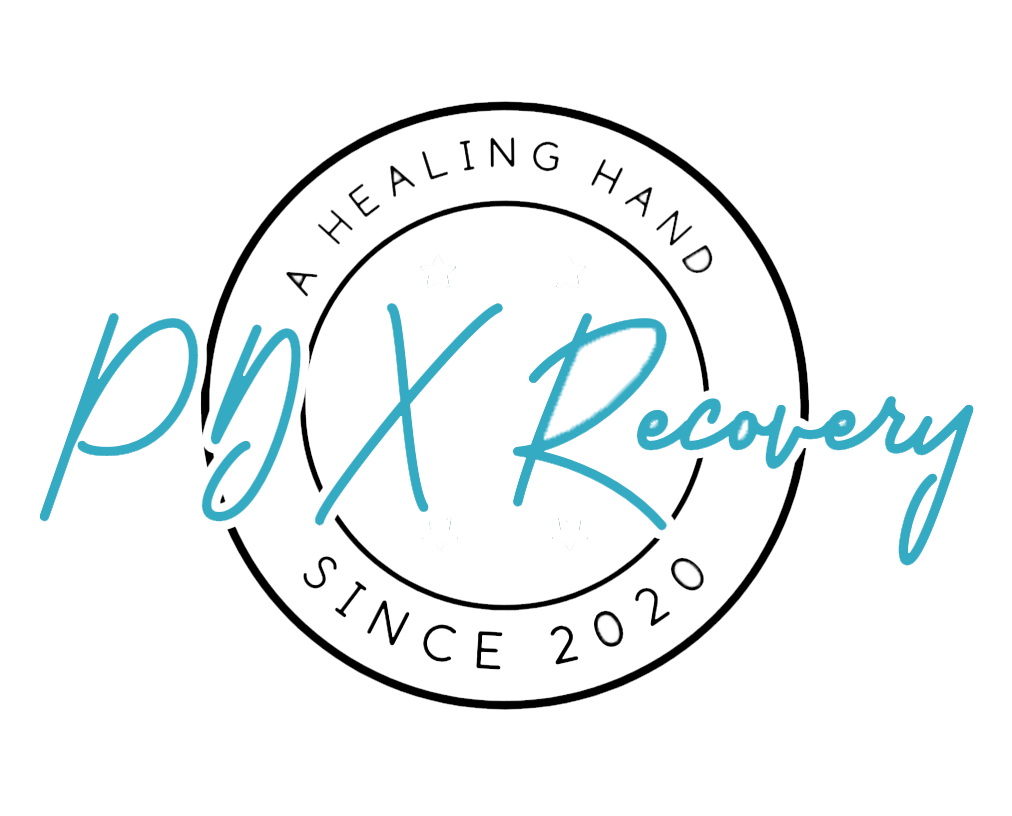Staying sober after completing addiction treatment in Portland is no small feat. The shift from a highly regulated treatment environment to the unpredictability of daily life introduces numerous challenges and temptations. Nevertheless, long-term recovery is attainable with effective strategies, robust support systems, and a firm commitment to personal growth. PDX Recovery offers valuable guidance and actionable tips, such as cultivating a reliable support network, learning and practicing healthy coping skills, and setting achievable objectives to help you successfully navigate the post-treatment landscape. It’s important to remember that recovery is a continuous journey, and each forward step signifies progress.
Understanding the Challenges of Post-Treatment Sobriety
Navigating post-treatment sobriety can be incredibly complex. The journey of addiction recovery extends well beyond treatment, requiring continuous effort and support to manage the critical phase of reintegrating into everyday life. This period is fraught with potential relapse triggers, including returning to familiar environments where substance use occurred, reconnecting with friends who may still be using, and managing the pressures of daily life and emotional hurdles. Being aware of these potential pitfalls and preparing for them is essential to maintaining sobriety. This preparation involves creating effective coping mechanisms, establishing a network of supportive friends and family, and possibly continuing with therapy or attending support groups. By focusing on these areas, individuals can build resilience and improve their chances of sustaining long-term recovery.
The Importance of Continued Support
After completing addiction treatment in Portland, continued support is essential for long-term recovery. Engaging with support groups, therapists, and sober communities can provide the encouragement and accountability needed to stay on track. These resources offer a sense of belonging and understanding, which can be incredibly empowering during the recovery journey.
Regular check-ins and open communication with your support network help in addressing any emerging issues before they escalate. Participating in group meetings allows individuals to share their experiences, gain insights from others, and build resilience. Additionally, maintaining a relationship with a therapist can provide a safe space to explore underlying issues and develop coping strategies.
By actively participating in these support systems after addiction treatment in Portland, individuals can reinforce their commitment to sobriety and navigate the challenges of everyday life with greater confidence.
Developing a Relapse Prevention Plan
A well-thought-out relapse prevention plan is a cornerstone of long-term recovery. This plan should include strategies for managing triggers, coping with cravings, and maintaining a healthy lifestyle. Collaborate with your treatment team at PDX Recovery to tailor a plan that suits your specific needs.
Strategies for Staying Sober
Staying sober after addiction treatment in Portland requires a combination of practical strategies and a supportive environment. Here are several key approaches to consider:
Building a Sober Support Network
Surrounding yourself with individuals who support your sobriety is vital. This network can include family, friends, support groups, and sponsors who understand your journey and are there to offer encouragement. In Portland, there are numerous resources and communities dedicated to helping individuals maintain their sobriety. From local AA meetings to specialized therapy groups and wellness programs, the city offers a wealth of options designed to support and uplift those committed to staying sober. Taking advantage of these resources can significantly enhance your path to a healthier, addiction-free life.
Engaging in Regular Therapy
Continuing therapy after addiction treatment in Portland helps address underlying issues and provides tools for managing daily stressors, which are crucial for maintaining long-term well-being. Cognitive-behavioral therapy (CBT) focuses on changing negative thought patterns and behaviors, while dialectical behavior therapy (DBT) emphasizes emotional regulation and interpersonal effectiveness. Other therapeutic modalities, such as mindfulness-based therapy and psychodynamic therapy, can also be beneficial in sustaining recovery by offering different perspectives and coping mechanisms. Engaging in these therapies can provide a comprehensive approach to mental health and promote lasting positive changes.
Embracing Healthy Lifestyle Choices
Adopting a healthy lifestyle can significantly impact your sobriety. Regular exercise, such as jogging, swimming, or yoga, helps to release endorphins that boost your mood and reduce stress. A balanced diet rich in fruits, vegetables, lean proteins, and whole grains supports your body’s nutritional needs and enhances mental clarity. Sufficient sleep, ideally 7-9 hours per night, allows your body to recover and maintain cognitive functions. These foundational aspects of physical and mental well-being not only improve your overall health but also create a strong defense against triggers, reducing the risk of relapse and helping you maintain a stable, sober life.
Navigating Triggers and Cravings
Triggers and cravings are inevitable parts of recovery. Learning how to effectively manage them is crucial for staying sober.
Identifying Personal Triggers
Understanding what triggers your cravings is the first step in managing them. Triggers can be internal, such as emotions and thoughts, or external, such as certain people, places, or situations. Internal triggers might include feelings of stress, anxiety, boredom, or even happiness, while external triggers could involve being in social settings where certain foods or habits are prevalent. By identifying these triggers, you can develop strategies to avoid or cope with them, such as practicing mindfulness, seeking support from friends and family, or finding healthier alternatives to satisfy your cravings.
Practicing Mindfulness and Meditation
Mindfulness and meditation are powerful tools for managing cravings. These practices help you stay present and reduce the intensity of cravings by fostering a sense of calm and control. Incorporating mindfulness into your daily routine can enhance your resilience against relapse after addiction treatment in Portland.
Utilizing Coping Mechanisms
Developing healthy coping mechanisms is essential for dealing with stress and cravings. Techniques such as deep breathing, journaling, and engaging in hobbies can distract your mind and provide a positive outlet for your emotions. Deep breathing exercises can help calm your nervous system, reducing anxiety and tension. Journaling allows you to process your thoughts and feelings, offering clarity and relief. Engaging in hobbies, whether it’s painting, gardening, or playing a musical instrument, provides a constructive way to channel your energy and focus on something enjoyable and fulfilling. By incorporating these strategies into your daily routine, you can better manage stress and maintain emotional balance.
The Role of Nutrition and Exercise in Recovery
Physical health plays a significant role in maintaining sobriety. Nutrition and exercise are two critical components that can support your recovery journey.
Adopting a Nutrient-Rich Diet
A balanced diet rich in essential nutrients supports brain function and overall health, which are vital during recovery. Foods high in omega-3 fatty acids, vitamins, and minerals can help repair the damage caused by addiction and improve your mood and energy levels.
Incorporating Regular Exercise
Exercise is known to reduce stress, anxiety, and depression, which are common triggers for relapse. Regular physical activity can boost your mood, improve sleep, and increase your overall sense of well-being. Find activities you enjoy, whether it’s running, yoga, or swimming, and make them a regular part of your routine.
Building a Fulfilling Life Post-Treatment
Creating a meaningful and fulfilling life is an important aspect of staying sober after addiction treatment in Portland. Engaging in activities that bring joy and purpose can strengthen your commitment to sobriety.
Pursuing Hobbies and Interests
Rediscovering old hobbies or exploring new interests can provide a sense of purpose and satisfaction. Whether it’s painting, playing an instrument, or gardening, engaging in activities that you enjoy can fill the void left by addiction and provide positive reinforcement.
Setting and Achieving Goals
Setting achievable goals gives you something to strive for and helps maintain focus. These goals can be related to personal development, career, education, or relationships. Celebrate your achievements, no matter how small, to boost your confidence and motivation.
Volunteering and Giving Back
Volunteering can be a rewarding way to give back to the community and build a sense of purpose. Helping others not only makes a positive impact on their lives but also reinforces your own recovery by fostering empathy and connection.

Importance of Regular Check-Ins and Accountability
Regular check-ins with your support network and treatment team are crucial for long-term sobriety. Accountability helps you stay committed to your recovery goals and provides an opportunity to address any challenges that arise.
Staying Connected with Support Groups
Support groups offer a safe space to share experiences and gain insights from others who are on a similar journey. In Portland, there are numerous support groups, including Alcoholics Anonymous (AA), Narcotics Anonymous (NA), and other peer-led groups. Regular attendance can provide ongoing encouragement and accountability.
Utilizing Technology for Support
Technology can be a valuable tool for staying connected with your support network. Apps and online platforms offer resources, virtual meetings, and support communities that can be accessed anytime, anywhere. These tools can be particularly useful when in-person meetings are not feasible.
Dealing with Setbacks and Relapse
Setbacks and relapse can happen, but they do not signify failure. How you respond to these challenges is what matters most.
Understanding Relapse as Part of Recovery
Relapse is often viewed as a setback, but it can also be a learning opportunity. Understanding the factors that led to the relapse can help you strengthen your relapse prevention plan and develop better coping strategies.
Seeking Immediate Help
If you experience a relapse, seeking immediate help is crucial. Reach out to your support network, therapist, or treatment center for guidance and support. The sooner you address the relapse, the quicker you can get back on track.
Reflecting and Adjusting Your Plan
After a relapse, take time to reflect on what happened and why. Adjust your relapse prevention plan to address any gaps and reinforce your commitment to sobriety. Learning from the experience can make you more resilient in the future.
Celebrating Milestones in Recovery
Celebrating milestones, both big and small, is important in maintaining motivation and recognizing your progress.
Acknowledging Your Achievements
Whether it’s a month, a year, or several years of sobriety, acknowledging your achievements is crucial. Celebrate your milestones with loved ones or through personal reflection to reinforce your commitment to recovery.
Setting New Goals
As you reach milestones, set new goals to keep moving forward. Continuous growth and self-improvement are key to a fulfilling and sober life. These goals can evolve as you progress in your recovery journey.
Transforming Challenges into Strengths
Staying sober after addiction treatment in Portland requires a combination of strategies, support, and a commitment to personal growth. By building a strong support network, developing healthy coping mechanisms, and creating a fulfilling life, you can navigate the challenges of post-treatment sobriety successfully. Remember, recovery is a journey, and every step you take towards sobriety is a testament to your strength and resilience. PDX Recovery is here to support you every step of the way. For more information visit our website at https://pdx-recovery.com/ or call us at (971) 256-9087.
FAQs
What are some common triggers for relapse?
Common triggers for relapse include stress, certain social situations, emotional distress, and environmental cues associated with past substance use. Identifying and managing these triggers is crucial for maintaining sobriety.
How can I find support groups in Portland?
Support groups can be found through local community centers, online directories, and recommendations from treatment centers like PDX Recovery. Groups like AA and NA have regular meetings in various locations throughout Portland.
What should I do if I feel a craving coming on?
If you feel a craving coming on, practice mindfulness, engage in a distracting activity, reach out to a support person, or use coping mechanisms like deep breathing or journaling. These strategies can help you manage cravings effectively.
How can I make new sober friends?
Making new sober friends can be achieved by joining support groups, attending sober events, and participating in activities and hobbies that interest you. Building a sober social network is essential for long-term recovery.
Is it normal to feel anxious about staying sober?
Yes, it is normal to feel anxious about staying sober. Recovery can bring many uncertainties and challenges. Engaging in regular therapy, practicing mindfulness, and staying connected with your support network can help alleviate anxiety.
What role does therapy play in maintaining sobriety?
Therapy plays a crucial role in maintaining sobriety by providing tools to manage stress, addressing underlying issues, and offering continuous support. Regular therapy sessions can help reinforce your commitment to recovery and personal growth.






